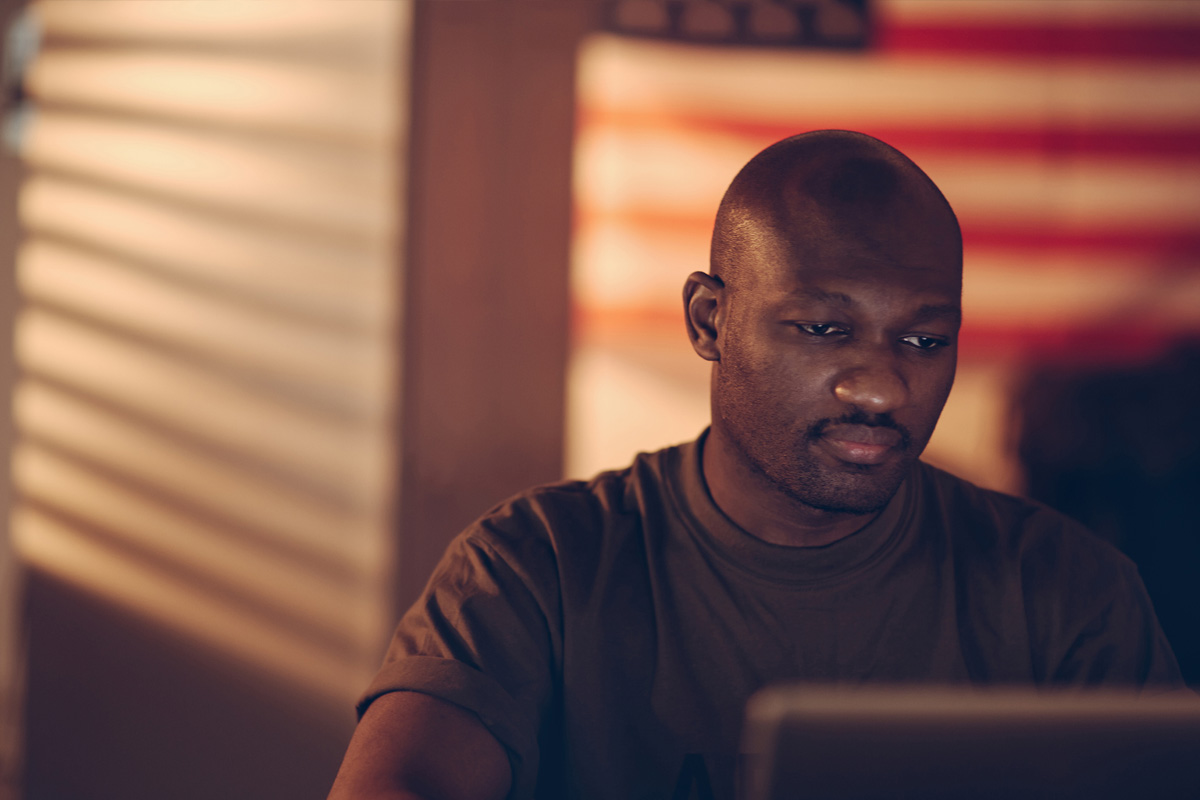The transition to civilian life is a unique challenge that can result in dramatic changes for any military veteran. A lifestyle change of this magnitude can leave veterans feeling lost, and this can be especially true when they are also transitioning to college.
Military service teaches invaluable skills, but finding exactly how to apply them can take time. There’s a level of autonomy that comes from no longer having someone in command, and some veterans struggle when navigating this change.
Schools aren’t always set up to grapple with the unique challenges faced by veterans, which include mapping their military experience onto a college curriculum, studying with peers with different life experiences, and thinking beyond college to a civilian career.
This is why many schools invest in mentorship or advisor programs designed specifically for veterans. Here are some of the benefits of mentors for veterans in college.
They’ve Been There Before
The frustration many veterans feel during a transition to college can be both structural and emotional. A lack of support for their unique circumstances can lead to feelings of isolation, which is one reason why having a single point of contact can be helpful. A veteran mentor is not only there to connect veterans with resources and opportunities to learn more about the university but to be a listening ear and help them understand that they’re not alone.
This can apply to everything from navigating a schedule, learning online platforms, accessing academic resources, as well as connecting with other veterans. Additionally, some veterans may benefit from accommodations, especially those with disabilities. A mentor is someone who can take action and assist student veterans who are struggling.
Beyond College
Any good mentor, whether they are advising civilians or veterans, understands the importance of goals and moving beyond college. Veterans have a multitude of valuable resources they can draw from not just while in college but after it, including tools to help them set career goals, connect with other veterans, and build a network of peers and advisors to assist them as they move into a career.
The professional skills necessary to survive and thrive in a civilian job are not always included in a college education or military training. Basics like preparing a resume or making professional connections can be difficult when you need to translate your service and the skills you developed into professional terminology that reflects your experience.
Mentors Who Invest in Veterans
Whether they’re called mentors, advisors, or something else entirely, offering veterans individual, one-on-one support can help the transition to college go more smoothly.
This testimonial may not reflect the typical or ordinary experience of CSU students.
Here at Columbia Southern University, we’re a prime destination for veterans seeking an advantage in their new careers. Whether you’re interested in pursuing a military studies degree or another of our popular degrees for military students, our Veterans Center is available to work with you to help you get the most out of your education. For more information, visit our website.
Multiple factors, including prior experience, geography and degree field, affect career outcomes. CSU does not guarantee a job, promotion, salary increase, eligibility for a position, or other career growth.






